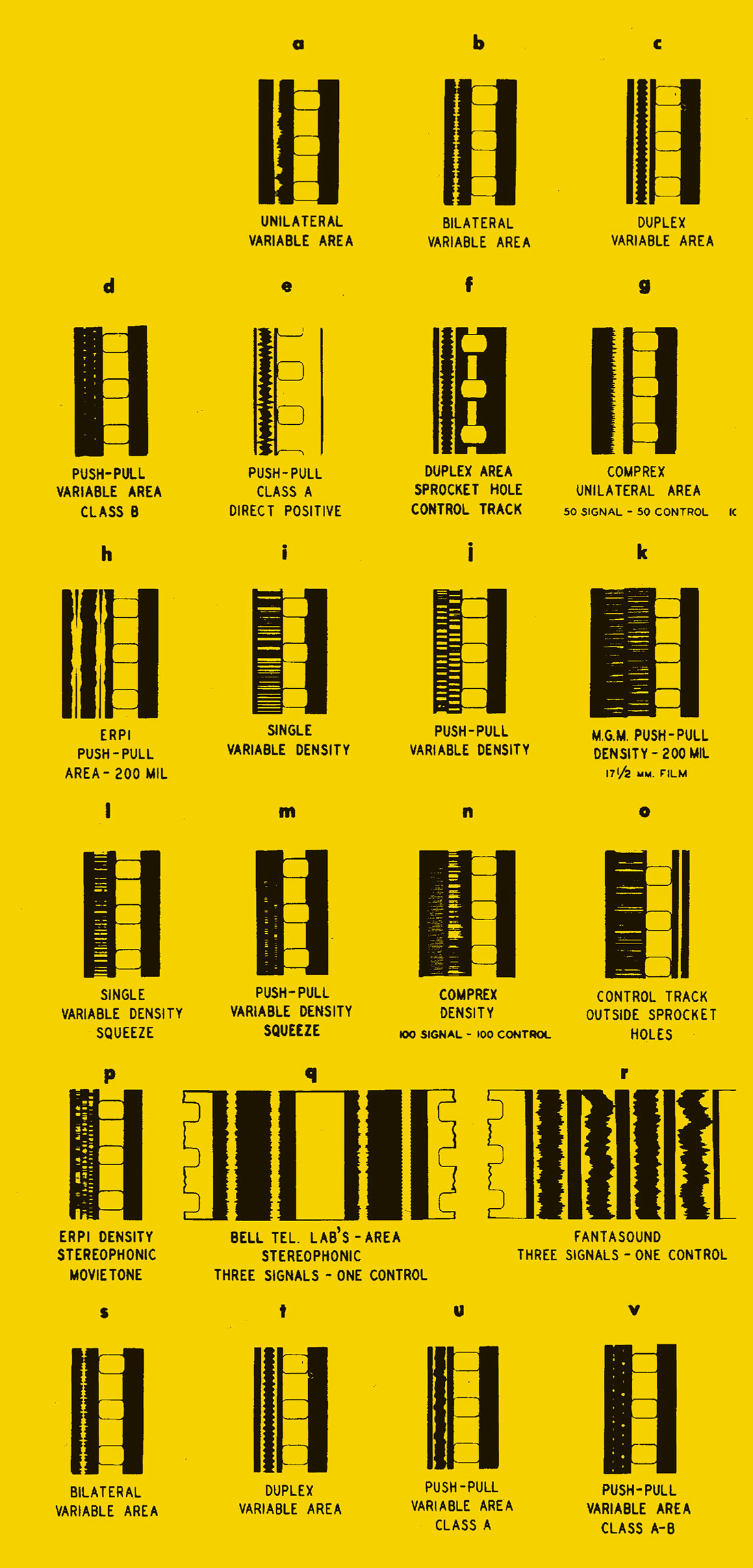Game Theory was one of Northern California's most exciting groups. Band leader and songwriter/guitarist Scott Miller may have been influenced by Elvis Costello and The Beatles, but his take on literate pop music is all his own. Even from the beginning the guitar, bass, lyrics, and keyboard patterns intertwined in a unique way.
I was first introduced to Scott's music when some mentors of mine (Mikail Graham and George Parsons) placed one of my home recordings on a 1982 compilation cassette called The Other. One of the artists on this comp was Alternate Learning, Scott's pre-Game Theory group from Sacramento, just an hour or so from where I lived.
Later that same year (in 1982) I stumbled across Game Theory playing on the quad of Chico State, where I was attending college, and I introduced myself to Scott. I immediately went to the local record store and bought their debut LP, Blaze of Glory, which came packaged in a white plastic garbage bag! It had been recorded at Rational Sound Lab: really a catchall studio name for wherever Scott's reel-to-reel was (he'd had one since the age of 15), like the drummer's rental house in Sacramento and Scott's parents' home nearby. These recordings may not have been technically great, but artistically they succeeded in capturing the young band.
I cannot tell you how eye opening it was to see people a few years older, who had recorded at home, self-releasing albums of great music. Scott and his group were a major inspiration to me. In fact, within a few years, I was in a band (Vomit Launch) and self-releasing our first two albums. In 1986 we even had a gig together, but the cops shut the venue down after our set and Game Theory didn't get to perform!
I caught more Game Theory gigs and enjoyed watching them grow stronger. The EPs and tracks collected on Dead Center show a group hitting its stride through 1983-84, as well as a songwriter pushing to excel. These transitional EPs were recorded at drummer Dave Gill's Samurai Sound Labs with engineer Dave Scott Millington. Despite only being an 8-track studio at the time, the sound quality surpasses the previous recordings. Unfortunately bass player Fred Juhos's requested that his songs from this era be left off this compilation, making it frustratingly incomplete, but more focused on Scott's songs.
By the time they set out to record Real Nighttime in 1984, they'd enlisted producer/engineer Mitch Easter [Tape Op #21] to come out and track at Montage Recording Studio in Newark, California. (I'd never figured this out until these reissue credits came out.) They mixed back at Mitch's The Drive-In Studio in North Carolina, and began a partnership that would carry them through the next three Game Theory records, and even on to Scott's next band, The Loud Family.
These reissues are the kind true fans adore. Liner notes are extensive. Original tapes were tracked down; manager Scott Vanderbilt still had them all, and according to Real Nighttime reissue co-producer Pat Thomas, they "were all in perfect condition." There are a slew of bonus tracks, and many live songs were added to these releases. Some were captured by co-producer Dan Vallor, who had served as Game Theory's tour manager and live sound engineer: "I used a Marantz Superscope CD-320 [portable cassette recorder] which I found in a thrift shop. It did great board recordings. I still have it, but it's not currently working. What I typically did was run a second mix for tape through the sub-mix system on the soundboard. As I recall, most [people] originally used it for monitors, but had since set up a second monitor board. I set the levels through headphones, which was not totally reliable, given the noise in the room, and mixed the band live. After setting up and charting the basic levels in soundcheck, I periodically adjusted the sub- mix to the tape as needed."
Reissue label Omnivore Recordings co-head Cheryl Pawelski produced this series with Pat and Dan, and her work in the field of reissues is impeccable. Mastering was done by Gavin Lurssen (interview in Tape Op soon!) and Reuben Cohen at Lurssen Mastering. It's refreshing to see this back catalog handled so well, and I'm sure fans will be looking forward to the remaining three albums (The Big Shot Chronicles, Lolita Nation, and Two Steps from the Middle Ages) seeing the light of day soon.
Unfortunately the story of Game Theory and Loud Family doesn't end with fame. As Scott sang early on in the song "Stupid Heart," "I wouldn't be happy with fame." But hopefully these reissues will help shine a little light on a sadly ignored talent, as Scott is no longer with us, having passed away in 2013.
Since the '80s I've worked with, known, and met a lot of great songwriters, but it wasn't until I began working with Elliott Smith in 1996 that I felt I'd encountered someone who took to his craft as dead seriously as Scott Miller. To me, the proof is in the records and the bar was set high. I'm just thankful these artifacts exist.




_disp_horizontal_bw.jpg)